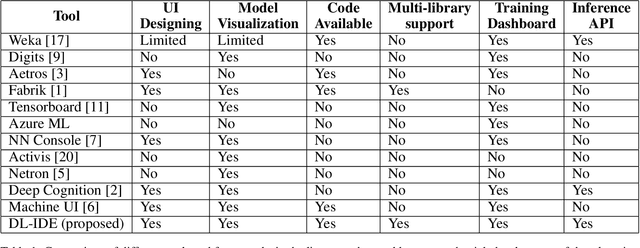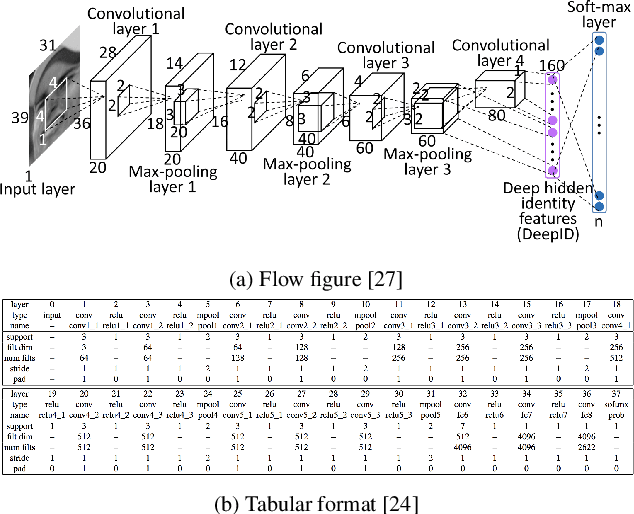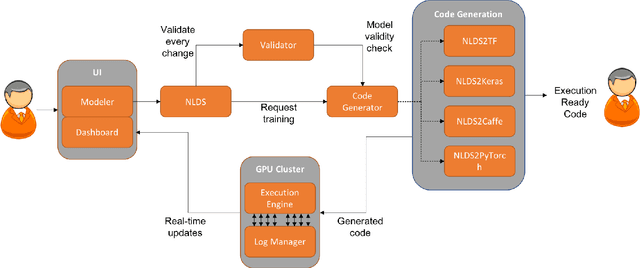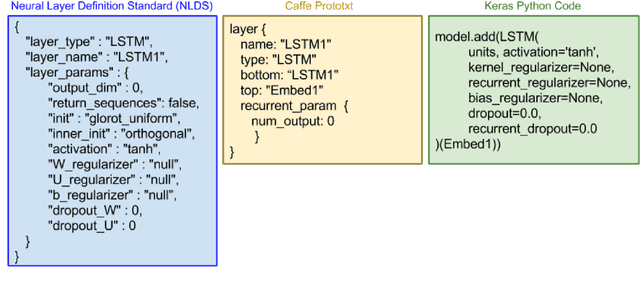A Visual Programming Paradigm for Abstract Deep Learning Model Development
Paper and Code
May 07, 2019



Deep learning is one of the fastest growing technologies in computer science with a plethora of applications. But this unprecedented growth has so far been limited to the consumption of deep learning experts. The primary challenge being a steep learning curve for learning the programming libraries and the lack of intuitive systems enabling non-experts to consume deep learning. Towards this goal, we study the effectiveness of a no-code paradigm for designing deep learning models. Particularly, a visual drag-and-drop interface is found more efficient when compared with the traditional programming and alternative visual programming paradigms. We conduct user studies of different expertise levels to measure the entry level barrier and the developer load across different programming paradigms. We obtain a System Usability Scale (SUS) of 90 and a NASA Task Load index (TLX) score of 21 for the proposed visual programming compared to 68 and 52, respectively, for the traditional programming methods.
 Add to Chrome
Add to Chrome Add to Firefox
Add to Firefox Add to Edge
Add to Edge